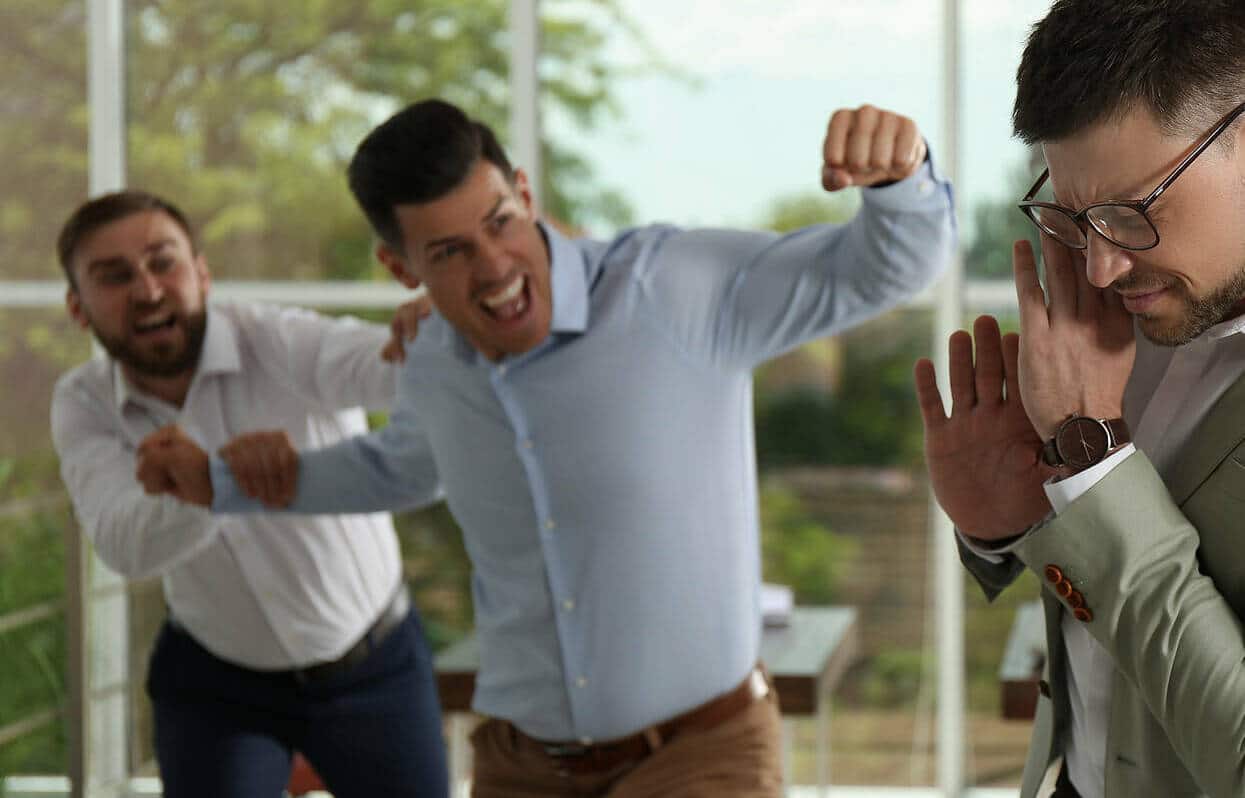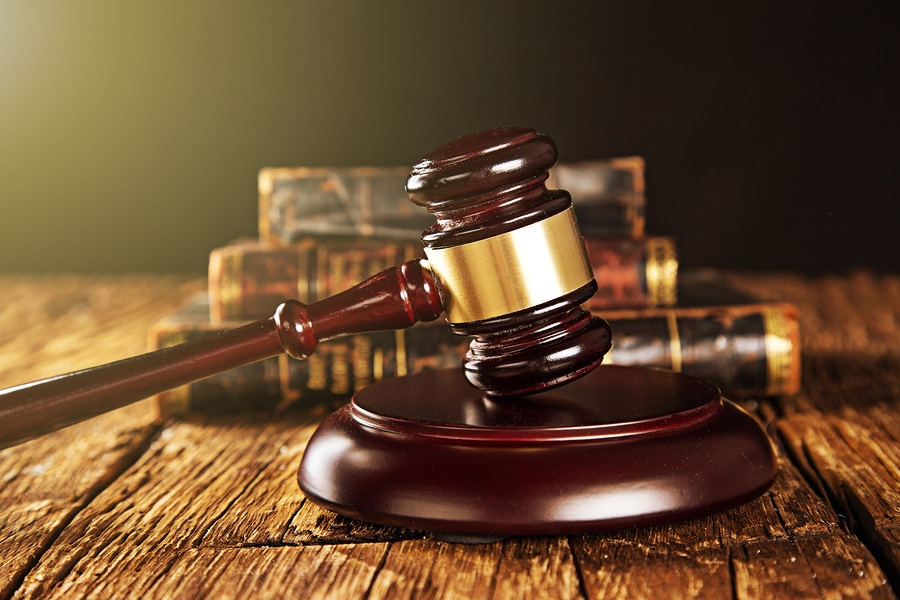Could You Be Charged With Assault?
In Colorado, if you are charged – rightly or wrongly – with assault, what happens next, and what steps will you need to take? Your first step should be contacting a Denver assault attorney. Reach out to an attorney immediately if you are taken into custody and charged with assault.
Battery and assault are separate criminal offenses in this state. Battery – referred to as “menacing” under Colorado law – is the use of threats or actions to make another person fear serious and imminent bodily harm.
Menacing, in other words, is a threat to assault. Assault happens when someone actually and unlawfully causes another person’s injury. If you are charged with either crime, you must be defended and advised by a Denver assault lawyer, and you must contact that lawyer at once.
What Are Colorado’s Assault Laws?
Colorado law recognizes three degrees of assault. Third-degree assault, a misdemeanor, happens when someone, using a deadly weapon, knowingly or recklessly injures someone or causes pain. Convictions may be penalized with up to eighteen months in jail and/or a fine of up to $5,000.
Assault in the second degree happens when a person intentionally injures another person without using a deadly weapon. If the victim’s injury was serious, a second-degree assault conviction may be penalized with years in prison and/or a costly fine.
First-degree assault is a Class Three felony that happens when a person intentionally and seriously injures someone while using a deadly weapon. Upon conviction, first-degree assault is punishable with a prison sentence of up to thirty-two years and a fine of up to $750,000.
How Are Assault Charges Determined?
In most cases, a bar fight or another public altercation – if it’s a first offense – will be charged as a misdemeanor third-degree assault. However, if the altercation leads to a serious bodily injury, the crime will be charged as a felony. Colorado prosecutors consider the following factors in assault cases in order to file the appropriate charge:
- Was a deadly weapon used by the defendant?
- Did the defendant act recklessly, negligently, or intentionally?
- Did the assault victim sustain a “serious” bodily injury during the altercation?
- Was the assault victim on duty as a firefighter, police officer, or other public official?
Objects that may be used to inflict serious bodily injury or death, including golf clubs and vehicles, are considered deadly weapons under Colorado’s assault laws, in addition to more conventional weapons such as firearms and knives.
Bodily injury is defined by Colorado law as physical pain, illness, or impairment of a victim’s physical or mental condition. Second- or third-degree burns, fractures, or a significant risk of permanent disfigurement or impaired organ function constitute a “serious” bodily injury.
Did You Act in Self-Defense?
If you are charged with assault in this state, your Denver assault lawyer will probably seek to have the prosecutor drop the charge or else file a motion to have the case dismissed by the court. But what if your assault charge cannot be dropped or dismissed, and you’re innocent?
If the assault charge cannot be dropped or dismissed, you and your lawyer may claim at trial that you acted in self-defense. You may use “reasonable force” in Colorado if you reasonably believe that such force is necessary to defend yourself or someone else from injury or bodily harm.
Especially if you were involved in a public altercation and you have witnesses who will confirm your claim, insisting that you acted in self-defense may be the effective way to persuade a jury to find you not guilty. After all, acting in self-defense is something that everyone understands.
What is Required if You Claim Self-Defense?
When self-defense is your legal defense to an assault charge, you are not disputing that you committed the act; rather, you are claiming that you were legally justified. To convict you of assault, the state must prove beyond a reasonable doubt that you did not act in self-defense. However, your lawyer only has to show that you “probably” acted to defend yourself.
In other words, your Denver assault attorney has to cast only enough doubt on the state’s case to keep the jury from convicting you. In some assault cases, however, you may not be allowed to claim that you acted in self-defense.
For example, if you start an altercation with someone and then fear for your life, your self-defense claim will not hold up in court – because you began the altercation. If someone slaps you, your response must be reasonable. You can’t injure or incapacitate someone in response.
What Else is Important to Know?
If the victim is the defendant’s former or current dating partner or spouse, an assault conviction may prompt a domestic violence sentencing enhancement that includes a restraining order – meaning no contact is allowed with the victim – and mandatory domestic violence counseling.
You should also know that a conviction for a Class Three felony – such as assault in the first degree – cannot be sealed or expunged in Colorado. Prospective employers and landlords, for instance, may learn of the conviction when they conduct a background check.
If you are an immigrant in Colorado, a conviction for assault may prompt a removal proceeding, and if you hold a professional license in this state, you should know that a conviction for assault may trigger a suspension or revocation of your license by your state licensing board.
Who Will Fight for the Justice You Need?
For over a quarter of a century, award-winning Denver defense attorney Daniel M. Murphy has provided sympathetic, aggressive, and effective legal advice and representation to his clients. On a regular basis, he successfully defends clients who are charged with violent crimes like assault.
Attorney Daniel M. Murphy understands that an assault conviction can very negatively affect your family, your career, and your freedom, so he will use every necessary legal tool to bring your assault case to its best possible conclusion.
If you are charged with assault or with another violent crime in or near the Denver area, put the law to work for you, and contact attorney Daniel M. Murphy by calling 303-996-8998 – as quickly as possible – to schedule a no-obligation, no-cost evaluation of your case.




